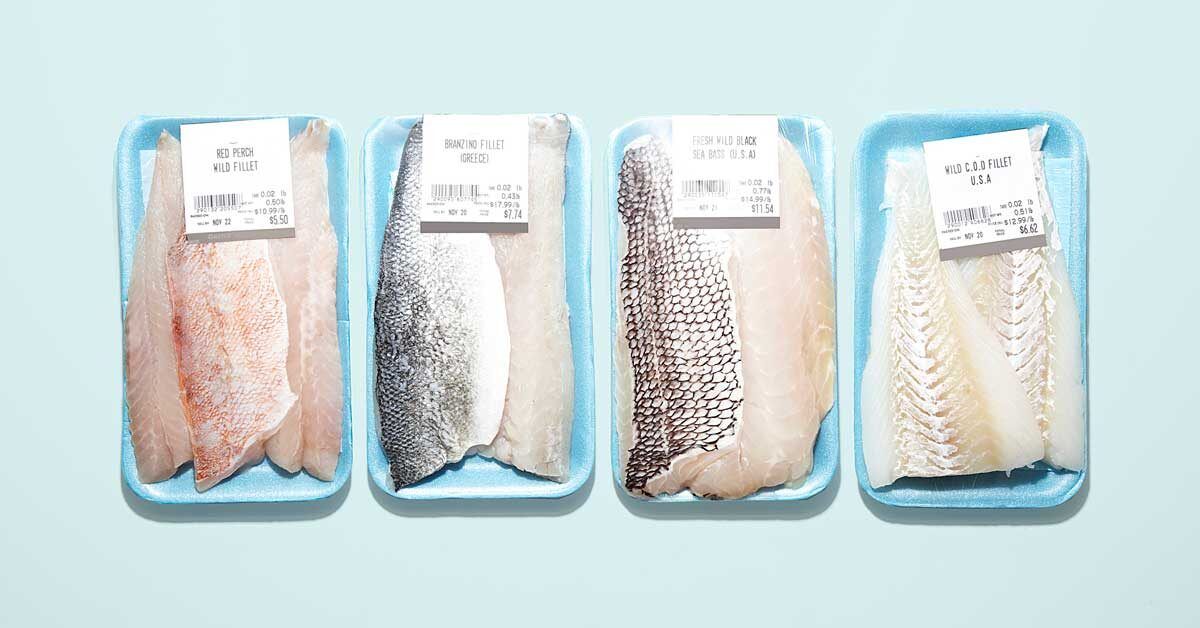When we talk about the Mediterranean diet we are usually discussing it with older adults to help manage a chronic disease such as diabetes, heart disease or high blood pressure. But kids can also benefit from eating consistent with the traditional Mediterranean way of eating.
May is Mediterranean diet month. It is a great month to celebrate this way of eating because spring is when fresh produce is starting to come in season. However, you can eat the Med Way all year round by choosing frozen and canned foods when fresh produce is not in season and might be more expensive than normal
The base of eating the Mediterranean diet is largely fruits, vegetables, whole grains, and plant based proteins like beans. These food groups provide a variety of vitamins and minerals as well as energy from carbohydrates and fiber. All great to contribute to a healthy eating pattern for kids.
How should we talk to our kids about eating these nutrient rich foods? Most parents go-to phrase is that these foods will make you big and strong, or just that they are good for you. But as a parent you can get more specific and make it even more fun for your child to eat a variety of foods.
Some examples include, red foods (like peppers or tomatoes) make your heart strong and if they are older you can talk about lycopene, orange foods (sweet potatoes or carrots) help you see in the dark, yellow foods (lemons, pineapple) help your body heal from cuts, and green foods (spinach, broccoli) help you fight off sickness.
Will this work for every kid? No, but the more they are exposed to different foods the more likely they are to eventually try them, especially if they think it will help them see in the dark.
What about all the fat that is associated with the Mediterranean diet? A larger percentage of total calories do come from fat than what is recommended by the Institute of Medicine. The reason this way of eating is still considered healthy is because the fat recommended is healthy fats. There are different kinds of dietary fats: saturated, unsaturated and trans. Unsaturated fats are the healthier choice and what the Mediterranean diet focuses on by using olive oil, nuts and seeds. Just remember when you are choosing foods for children to use caution with nuts and seeds. Children less than 5 should not consume these whole as they are a choking hazard. Instead you can try a nut or seed butter, or finely chop them up.
Other food groups the Med Way allows but limits are dairy and animal protein sources. When choosing dairy we look for low fat or fat free options. This is already a recommendation for children 2 years old and older. Children 1-2 years old (12-24 months) are still encouraged to drink whole milk for the extra fat for brain development at that age.
Animal proteins that are recommended are fatty fish, like salmon, and lean meats like chicken and turkey. Some children enjoy animal protein sources but others seem to have an aversion so remember to focus more on the beans and lentils for their protein needs.
The Mediterranean eating pattern is great for all ages, and the benefits can be seen in young children all the way up to senior adults. If you are interested in getting started with a few new Med recipes, visit MedinsteadofMeds.com and browse through all the tasty recipes. My favorites are the beef mushroom tacos, whole wheat couscous salad and Med muffins.
For more information about the Mediterranean diet or what nutrition/health programs the Extension has to offer contact me at [email protected] or by calling 586-4009. Don’t forget we have a Facebook page “NC Cooperative Extension-Jackson County” you can follow to learn about upcoming programs or visit our website at Jackson.ces.ncsu.edu.
Emily McClure is a registered dietitian, Family and Consumer Sciences agent, Jackson County Extension.




:max_bytes(150000):strip_icc()/ChickenBreast-7c055ca42ace4670867b52b9ab642824.jpg)






